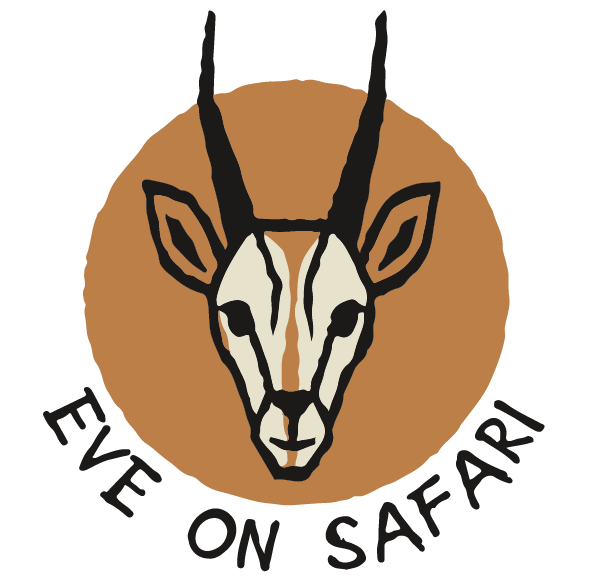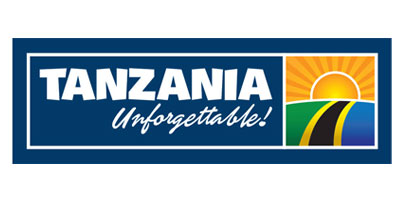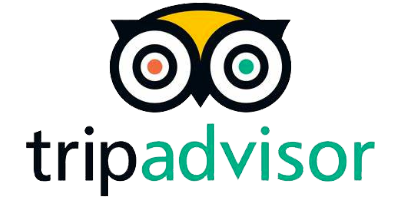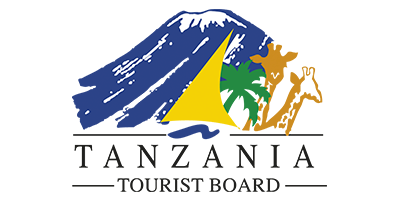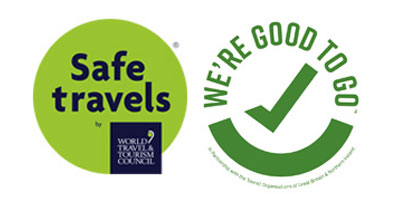- Home
- Kilimanjaro Climbing Preparation
Physical Training
happy holiday
Book Your Dream Safari Today
Unforgettable wildlife moments are just a click away.
How to Train for Your Climb to Africa’s Highest Peak
Mount Kilimanjaro is a non-technical climb, but it’s a serious physical challenge that demands endurance, determination, and preparation. With the right training, almost anyone in good health can reach the summit—5,895 meters (19,341 feet) above sea level.
This page will help you build a realistic, safe, and effective fitness plan so you’re ready for every step of the climb.
Why Train for Kilimanjaro?
You’ll be hiking 5–7 hours a day for up to 9 days
You’ll be climbing at high altitude, where oxygen is limited
You’ll face steep ascents, rocky paths, cold weather, and long days
Proper fitness helps reduce fatigue, prevent injury, and improve your summit success
Training Goals
Build cardiovascular endurance
Strengthen your legs and core
Train your body for multi-day hiking
Improve balance and joint stability
Prepare mentally for discomfort and changing conditions
Sample Training Plan (8–12 Weeks)
Weeks 1–4: Build Your Base
Brisk walking or hiking: 3x per week (45–60 mins)
Strength training: 2x per week (focus on legs, core, glutes)
One long walk or hike each weekend (90+ mins)
Weeks 5–8: Increase Stamina & Elevation
Add hills, stairs, or incline treadmill walks
Carry a backpack (start with 4–5 kg) during long walks
Train 4–5 days per week
Add balance exercises (single-leg squats, lunges)
Weeks 9–12: Simulate Trek Conditions
Full-day hikes or 2-day hikes with elevation
Backpack weight: 6–8 kg
Train in boots and clothing you’ll use on the mountain
Practice walking slowly—”pole pole” (slow and steady)
Training Exercises
Cardio Training
Hiking, walking uphill
Stair climbing or treadmill on incline
Swimming, cycling, or running (for aerobic base)
Strength Training
Squats, lunges, step-ups (with weight)
Deadlifts and glute bridges
Core exercises: planks, Russian twists, leg raises
Flexibility & Recovery
Stretch regularly to prevent tightness
Try yoga or foam rolling for recovery
Additional Preparation Tips
Hike in your actual boots to break them in
Train in your daypack with water and layers
Get used to walking for hours without distractions
Learn to pace yourself—you won’t be rushing on the mountain
Test your gear on local trails before your trip
Altitude Training (If Possible)
You don’t need to train at altitude, but it helps if you:
Go on hikes above 2,500m before your trip (if accessible)
Consider sleeping in altitude tents (optional and expensive)
Talk to your doctor about Diamox or other altitude meds
Final Words of Encouragement
You don’t have to be a marathon runner to summit Kilimanjaro. But the mountain rewards preparation. The more you train, the more you’ll enjoy every step, recover faster, and increase your chances of reaching Uhuru Peak with a smile.
Still Have Questions? We’re Here to Help! Contact Us
Everything You Need to Know Before You Travel.
Will I have a tour guide during my trip?
Yes, most of our packages include professional local tour guides to enhance your experience.
What happens if my flight is delayed?
We understand delays happen. Please notify us as soon as possible so we can adjust your schedule accordingly.
Can I request special meals during the trip?
Absolutely. Let us know in advance about any dietary needs, and we’ll ensure your meals are customised.
Is there 24/7 customer support while traveling?
Report any loss to your guide immediately. We will assist you in contacting the relevant authorities or local services.
What payment methods do you accept?
We accept major credit cards, bank transfers, and selected online gateways. Some packages may offer installment plans.
Is my payment refundable if I cancel my trip?
Refund policies depend on the cancellation timeframe and package terms. We’ll always share clear terms upfront.
Can I change my payment method after booking?
Yes, just contact our support team to update or switch your preferred payment method.
Are there additional fees beyond the package price?
We strive for transparency. Any additional costs (e.g., optional activities or upgrades) will be clearly communicated before payment.
Do I need a visa for my trip?
Visa requirements depend on your nationality and destination. We’re happy to help with the application process if needed.
Are vaccinations required for certain destinations?
Yes, some regions may require specific vaccinations. We recommend checking with your local travel health clinic or consulting us directly.
What travel documents should I bring?
Yes, we strongly recommend travel insurance to cover emergencies, trip cancellations, and medical expenses.
Do I need travel insurance?
Of course! We can help arrange international and domestic flights as part of your travel package.
How do I book a tour package?
You can book a tour through our website, by phone, or by visiting our office. Simply choose your desired package, provide traveler details, and complete the payment to confirm your booking.
Can I reserve a tour without immediate payment?
Yes, you can make a reservation and secure your spot with a deposit. Full payment will be required closer to the departure date, as per our terms and conditions.
How far in advance should I book my trip?
We recommend booking at least 2 to 6 months in advance, especially during peak travel seasons, to ensure availability and the best rates.
Will I receive a confirmation after booking?
Absolutely. Once your booking is complete, we’ll send a confirmation email with your itinerary, payment receipt, and other important details.
